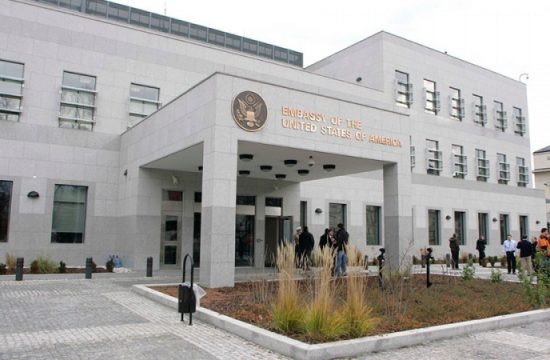Bosnia and Herzegovina is not yet a country that has full control over its own destiny and does not operate as a normal state, and while the 1995 Dayton Peace Agreement did end the war, it did not create a stable state structure, former Former UK Secretary of State for Defence, Sir Malcolm Rifkind, told N1.
“The tragedy in Bosnia and Herzegovina continues and thankfully it’s no longer huge numbers of people being killed, it's no longer ethnic cleansing, but what you have is a country that has not yet been able to get control over its own destiny,” said Rifkin.
“And the Dayton Accord, which brought the war to an end – that is very much to be welcomed – but it did not put in its place a stable structure,” he said, arguing that the “huge autonomy” Bosnia’s semi-autonomous Serb-majority Republika Srpska entity has, as well as various other internal problems of the country, mean that “Bosnia and Herzegovina sadly does not yet operate as a normal state, with the government having proper authority throughout its territory.”
This is, according to him, an indication that there is still “a deep lack of mutual trust” between the various communities in Bosnia which makes them unwilling to share power at the state level.
Rifkind said that it is certain that the UK and the US will work together with Europe to address issues in the Balkans, particularly regarding security and foreign policy.
Apart from issues regarding Bosnia and Herzegovina and the Western Balkans region, Rifkind also spoke about Brexit, the coronavirus pandemic, world relations and various other issues.
The full interview can be seen in the video above.




Kakvo je tvoje mišljenje o ovome?
Budi prvi koji će ostaviti komentar!